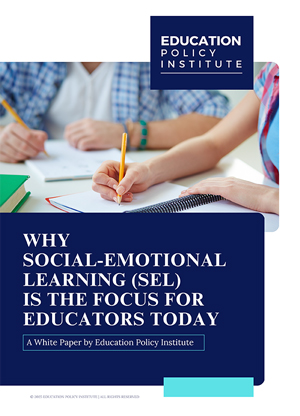The COVID-19 outbreak has significantly altered the operations of educational institutions, including schools, colleges, and universities, leading to widespread disruptions in global educational systems. Consequently, learners, educators, and institutions have been compelled to adjust to these exceptional and uncertain circumstances. Herein, the ensuing paragraphs outline the three primary areas in which the COVID-19 pandemic has impacted the global education sector.
Institutional Shutdowns
In recent times, due to the closure of schools and other educational institutions, students around the globe are gradually shifting toward the mode of distance learning. As much as 98.5% of the student population worldwide has been affected by this measure. In order to carry on with their academic activities, students are resorting to various online resources and technologies like Google Classroom and Zoom to communicate with their mentors and complete their assignments. While a few institutions have been successful in establishing well-defined and productive distance learning programs with negligible hindrances, most are grappling with such a situation for the first time. As a result, a vast majority of schools, colleges, and universities are finding it challenging to transition to online learning effectively, causing a significant impact on students' learning and retention capabilities.
Digital Gap Becoming an Acute Problem
In light of the growing dependence on online instruction, the digital divide has become a pressing issue. Underprivileged students who lack the necessary technology for online learning are experiencing a considerable setback in their academic endeavors. Across the world, most educational institutions are incapable of equipping their students with requisite digital tools and resources, thus exacerbating this issue and negatively impacting lower-income students.
Postponement of Assessments
Amidst the pandemic, national and internal educational bodies have postponed or canceled assessments due to the inability to carry them out in a traditional classroom setting. Such assessments hold significant value in many countries as they serve as a prerequisite for higher education and open up new career pathways. Thus, the cancellation of assessments has resulted in limiting the opportunities and prospects for many students, decreasing their equality of opportunities. This has become a major concern for educational bodies which may need to devise alternative methods for students to demonstrate their academic competence.
Final Words…
The COVID-19 pandemic has caused unprecedented upheaval in global education, with significant disruptions and challenges. The shift to distance learning due to institutional shutdowns has varied in success, exposing the digital gap and deepening educational inequalities. Postponed or canceled assessments also raise concerns about limiting students' opportunities and future prospects. This wake-up call underscores the need to address technological disparities and reimagine teaching methods for equitable education.
Amidst these unforeseeable circumstances, educational institutions must adapt with resilience, flexibility, and innovation to ensure quality education continues and gaps are filled. Governments worldwide must provide extensive support to protect the future of millions of students, ensuring equal access to education. By addressing these challenges collaboratively, we can create a more inclusive and robust education system, capable of withstanding future crises.
Latest
Trends blogs
- Automation, Artificial Intelligence, and the Future of Human-Centered Education
- Mid-Career Education in a Changing Labor Market
- The Next Phase of STEM Education: The Role of Artificial Intelligence in Classroom Curricula
- Education Technology in 2026: Trends Driving the Next Wave of Learning
Focus blogs
- Research-Driven Education: Strengthening Strategies, Policies, and Classroom Practice
- Professional Certifications for Career Growth: What Students and Young Professionals Need to Know
- Building a High-Impact Center of Excellence: What You Need to Know
- Beyond Graduation: The Importance of Lifelong Learning in Higher Education





